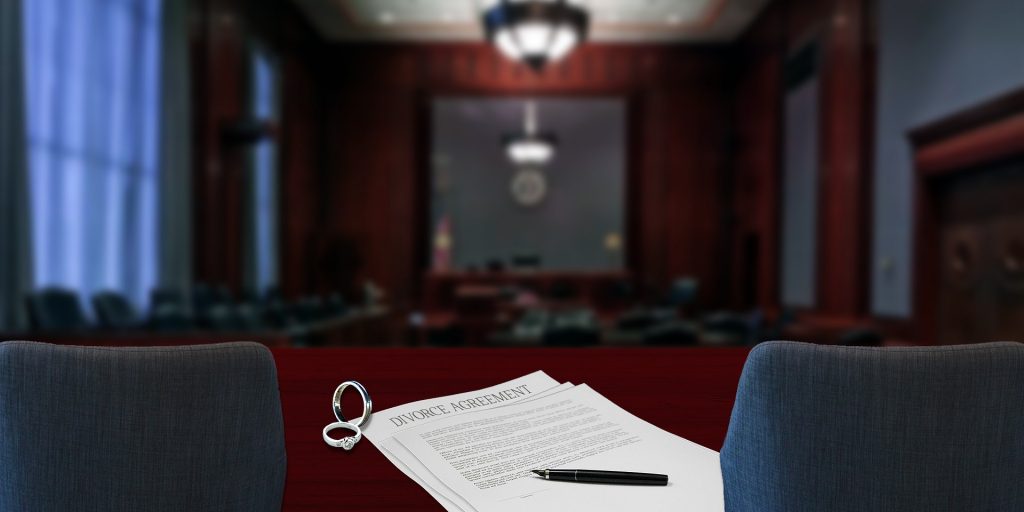-
Attorneys have common law and statutory security interests in the proceeds of recoveries of their clients, generally referred to as charging liens.
-
A statutory lien is created when a lawyer files a pleading with an affirmative claim for recovery and may be enforced by filing a petition in the underlying action.
-
Clients have an interest in the assertion of an attorney charging lien and must be notified of their right to have the amount of the fee determined by arbitration.
Attorneys that provide services to clients with that yields a financial recovery to the client will typically have a security interest in that recovery to secure their fee. The lien may be statutory or, in some cases, the attorney may have a lien that is enforceable in equity. These two types of liens, statutory and equitable, have significant differences, but both types of liens provide the lawyer with a security interest in the proceeds of the case.
In this article, we will take a look at some of the mechanics of asserting and enforcing a lien. In a subsequent post, we will examine the manner in which courts have allocated competing claims for fees.
The Attorney Charging Lien
A lien is more than just a claim for fees. It is a secured interest in the recovery that a client achieves – through the lawyer’s efforts, of course — for the satisfaction of the debt. It may be asserted over all of the recovery and, therefore, even against the client. As a practical matter, liens are asserted when a lawyer is replaced or in rare instances when a client fires the lawyer in an attempt to avoid paying a fee. Continue reading
 The Business Divorce Law Report
The Business Divorce Law Report

